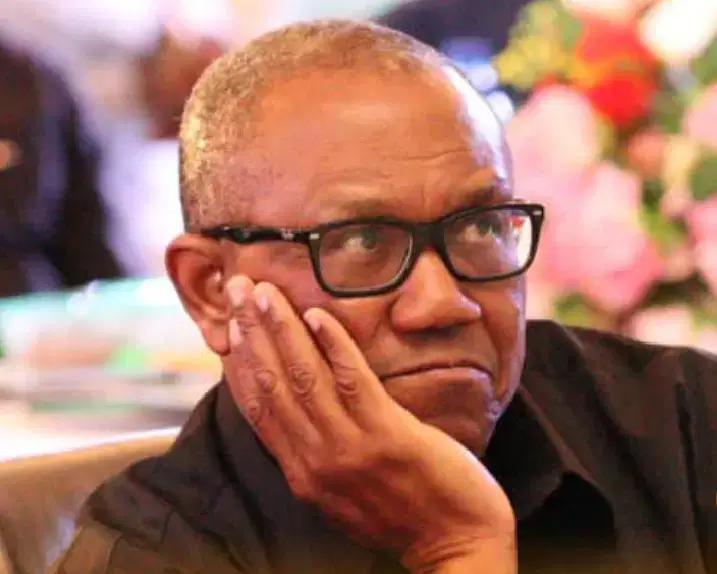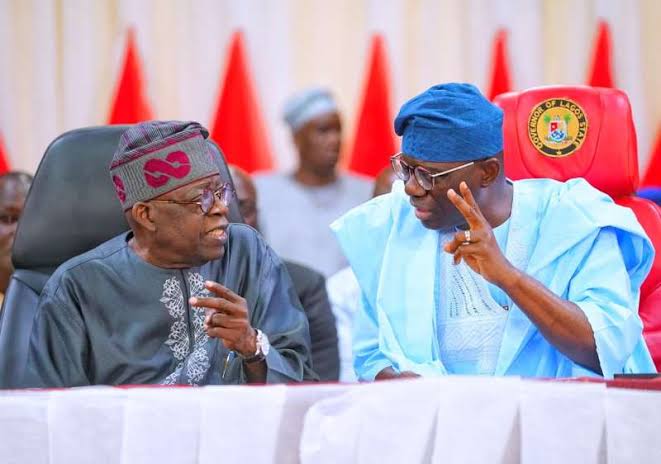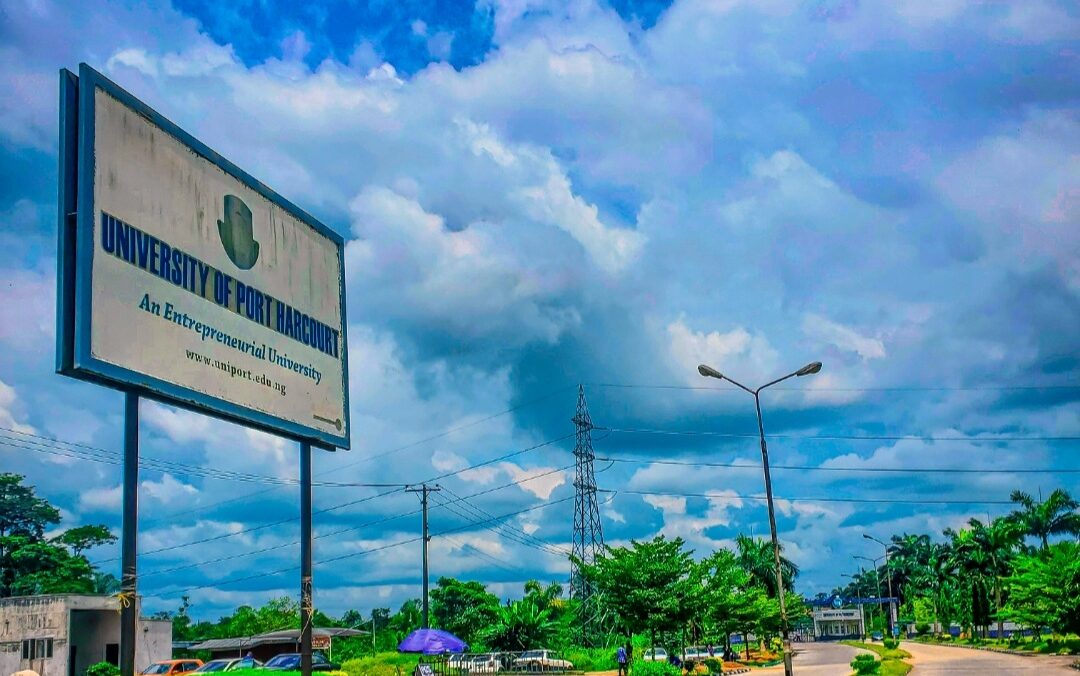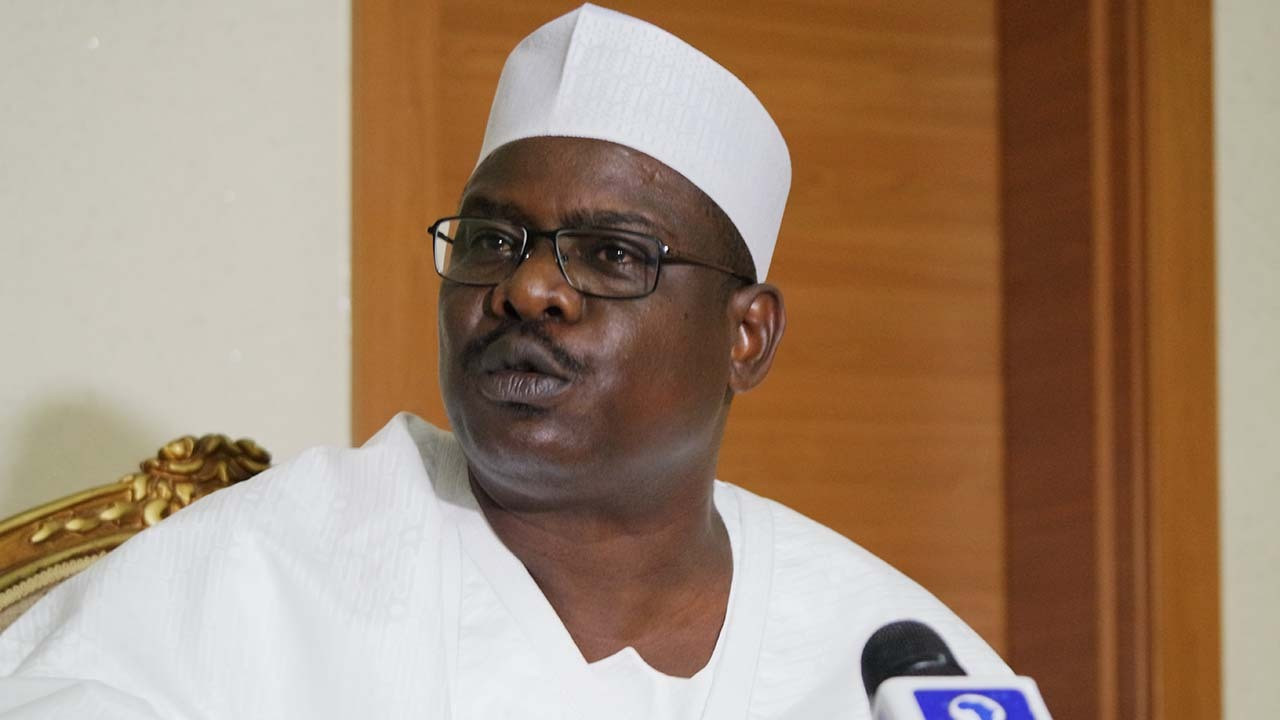A renowned Nigerian financial analyst and Chief Economist at SPM Professionals, Paul Alaje, has said President Bola Ahmed Tinubu has the potential to become Nigeria’s greatest leader — but only if he can decisively tackle inflation and fix the country’s electricity woes within the next two years.
Alaje made the assertion on Monday during an interview on Channels Television’s morning programme.
Reviewing President Tinubu’s performance after two years in office, Alaje noted that while some of the administration’s policies have yielded results, others have failed to ease the economic burden on Nigerians.
“After these two years, a few things have worked and another few have not worked,” he said.
He identified inflation — which stood at 23.7% in April 2025 — as a key challenge, warning that failure to bring it under control would render other efforts ineffective in the eyes of Nigerians.
“In the next two years, we should look out for how inflation can be tamed completely. That is the ultimate for the people. If the inflation is not tamed, no matter what is done, people will not feel the impact,” Alaje stated.
The economist also emphasized the urgent need for the Tinubu-led administration to address Nigeria’s chronic electricity crisis, particularly in relation to industrial power needs.
“Secondly, President Tinubu should start laying the foundation for electricity. When he became the president, I told him,” he added.
Reflecting on the previous administration, Alaje said he offered similar advice to former President Muhammadu Buhari.
“When former President Muhammadu Buhari was in office for eight years, I told one of his former colleagues that the president can only be successful if he has a one-point agenda: fix electricity and link it to manufacturers. I am telling President Bola Tinubu the same thing.”
He said: “If you want your name to be in the sound of time, fix power and electricity. We will continue to remember him as one of the greatest presidents ever. Let power be available, especially for manufacturers.”
Although Nigeria’s inflation rate has shown slight moderation on a month-on-month basis, prices of goods and services remain high nationwide.
Nigeria currently faces one of the world’s largest electricity access deficits, with over 13.2 million customers in a population of more than 200 million relying on a national grid that struggles to generate 5,000 megawatts of power.
However, civil society organisations on Monday hailed the federal government’s economic direction and fiscal reforms under the Renewed Hope Agenda.
Speaking to journalists, the coalition, under the banner of the Independent Civil Society Groups in Nigeria, praised strategic interventions in infrastructure, education, health, and economic diversification, and singled out Senator Abubakar Atiku Bagudu, Minister of Budget and Economic Planning, for his role in shaping Nigeria’s fiscal policy.
Addressing newsmen, Dr Emmanuel Agabi, President of the coalition, described the Renewed Hope Agenda as a “strategic turning point” in Nigeria’s journey toward inclusive growth and long-term development.
“President Bola Ahmed Tinubu’s administration, inaugurated on May 29, 2023, embarked on a transformative journey under the Renewed Hope Agenda. This comprehensive policy framework aims to revitalize Nigeria’s economy, enhance governance, and improve the quality of life for its citizens,” Dr Agabi stated.
He added that the role of the Budget and Economic Planning Minister has been critical to this progress.
The coalition hailed the 2025 appropriation bill, dubbed the “Budget of Restoration,” for its emphasis on capital investment and prudent spending.
He said: “The 2025 budget, aptly titled the ‘Budget of Restoration,’ reflects a commitment to prudent financial management and strategic allocation of resources. With a total expenditure of ₦54.99 trillion, the budget emphasizes capital investment, allocating ₦23.4 trillion (42.6% of total spending) to infrastructure and economic development projects.”
The removal of fuel subsidies and naira unification were also acknowledged as bold but necessary steps to stabilise the economy, despite their initial inflationary effects.
“These measures, while initially contributing to inflationary pressures, have improved fiscal transparency and reduced the fiscal deficit from 5.4% of GDP in 2023 to 3.0% in 2024,” the report noted.
Major infrastructure projects such as the Lagos-Calabar Coastal Highway and Sokoto-Badagry Superhighway were highlighted as evidence of government resolve.
He said: “The administration has launched the Renewed Hope Infrastructure Development Fund (RHIDF), targeting the mobilization of ₦20 trillion to finance critical projects across the country.”
In education and health, the coalition applauded increased budgetary allocations, with ₦3.52 trillion earmarked for education and ₦2.48 trillion for health in the 2025 budget.
The report also highlighted social impact initiatives like the Nigeria Education Loan Fund (NELFUND), the Student Loans Act 2024, and the expansion of primary healthcare centres nationwide.
Commending efforts to expand the economy beyond oil, the coalition cited new investments in agriculture, mining, and digital innovation.
According to Agabi, “The government has declared a state of emergency in agriculture… while the 3 Million Technical Talent (3MTT) Programme aims to train three million Nigerians in high-demand tech skills by 2027.”
Dr Agabi added that equity-focused policies were creating opportunities for all Nigerians.
He said: “The inclusion of state-level infrastructure funds and national student loan schemes also reflects a broader vision of equity and access, ensuring that the gains of reform are felt beyond major cities and by future generations.”

 4 hours ago
2
4 hours ago
2















 English (US) ·
English (US) ·